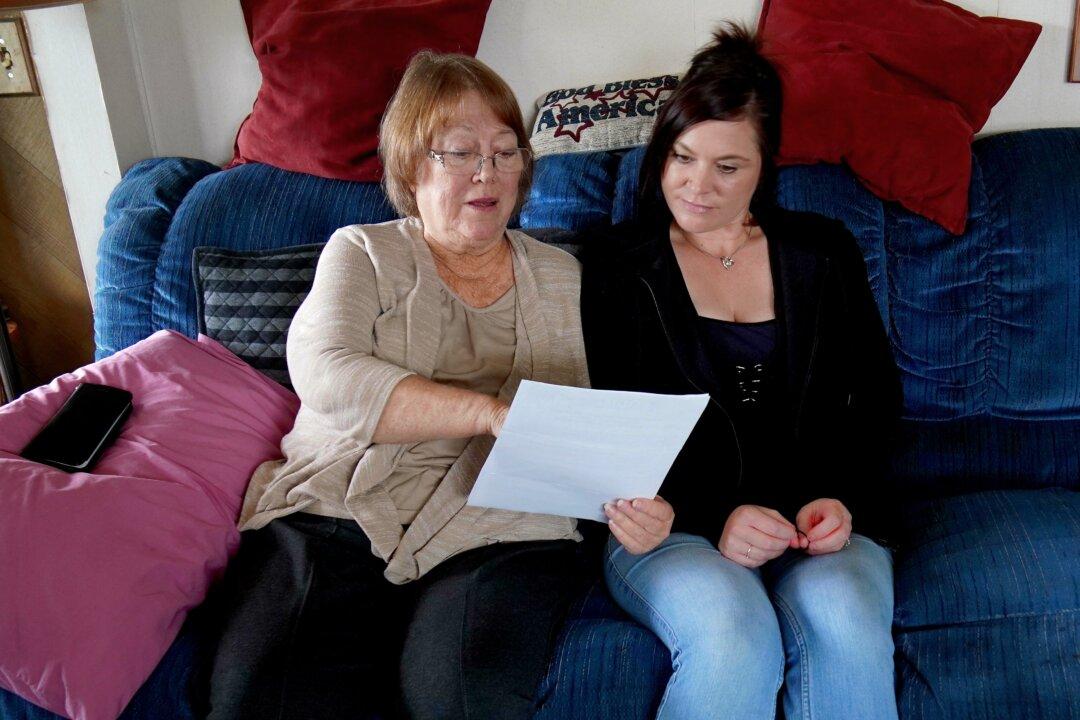A Georgia congressman is hoping to introduce a federal vaccination bill to end what he calls outrageously unethical decisions by hospitals denying transplant patients life-saving organs because they don’t believe in the COVID-19 vaccines.
Rep. Richard McCormick (R-Ga.), who is also a medical doctor known for supporting natural immunity over the experimental jab, told The Epoch Times that the legislation, called My Body My Choice, would center on ending what he called medical discrimination when it comes to requiring the vaccine—similar to the argument lawyers across the nation have used to win appeals against hospitals that have denied religious exemptions, but granted medical ones.




